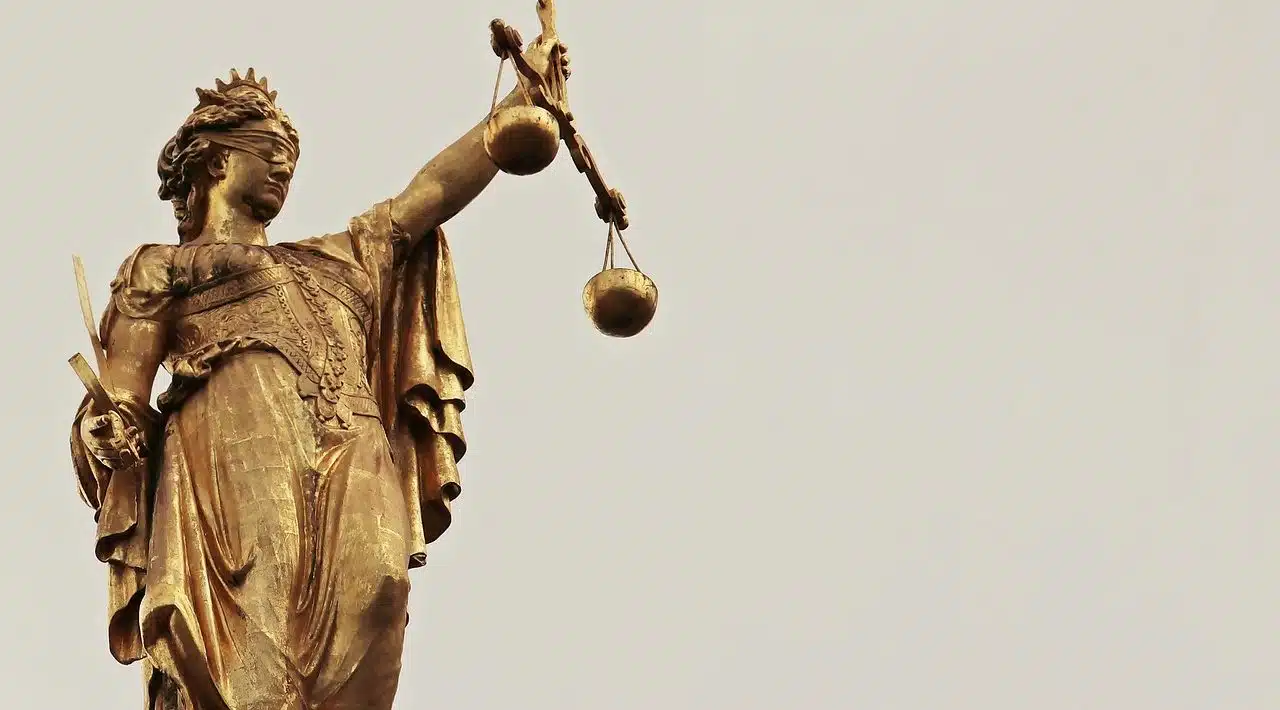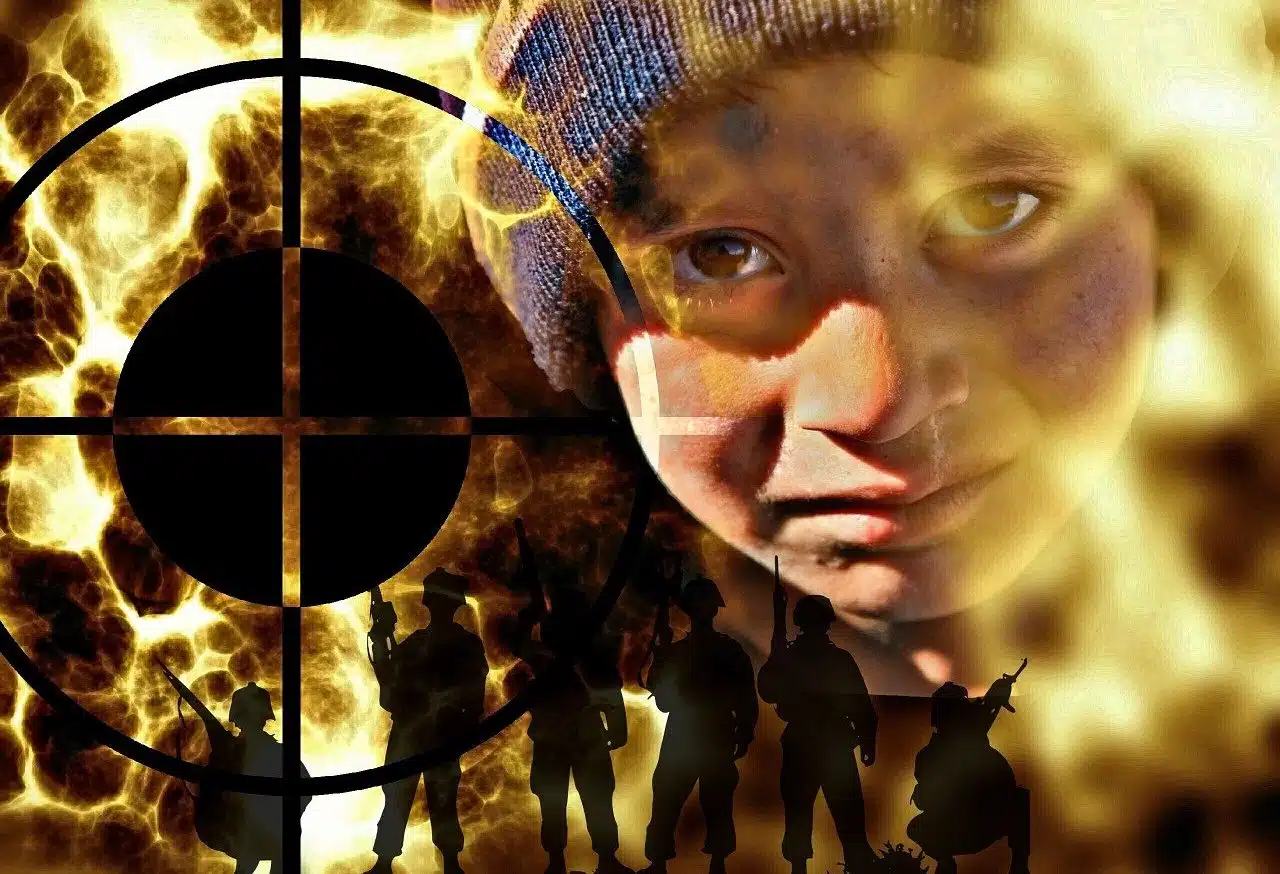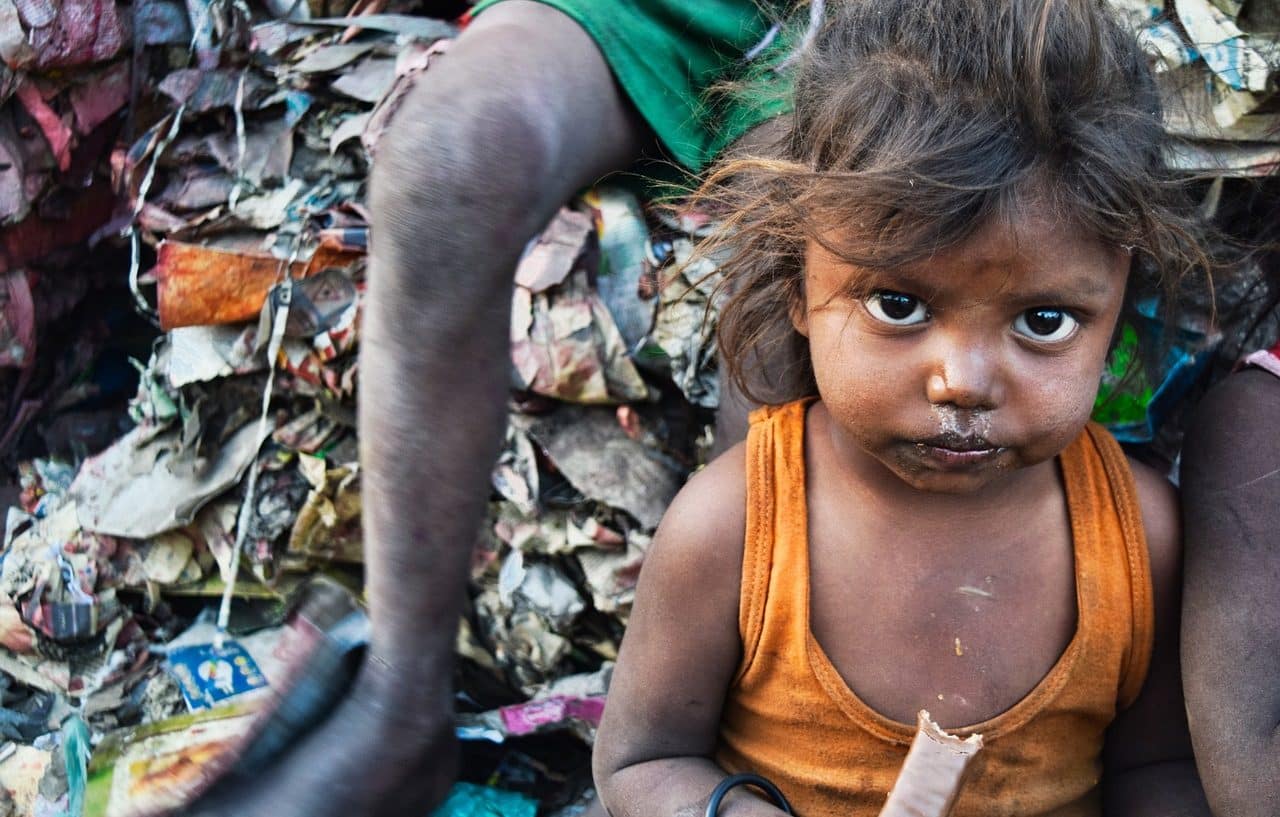
The International Criminal Court judges various crimes against human rights.
Human rights is an expression that refers to the freedoms, claims and powers of each individual simply by virtue of belonging to the human race. This means that they are rights of an inalienable nature (since no one, in any way, can take away these rights from another subject beyond the established legal order) and of an independent profile compared to any particular factor (race, nationality, religion, sex , etc.).
Human rights (frequently cited as Human Rights ) are also characterized by being irrevocable (they cannot be abolished), non-transferable (an individual cannot "give" their rights to another subject) and inalienable (no one has the permission to reject their basic rights). Even though they are protected and contemplated by the majority of international legislation, human rights imply moral and ethical bases that society considers necessary to respect to protect the dignity of people.
The Universal Declaration of Human Rights
The Universal Declaration of Human Rights (abbreviated through the acronym UDHR ), which was adopted by the United Nations in 1948 , brings together all the rights that are considered basic. The combination of this declaration with the different international human rights covenants that were agreed upon between various nations is known as the International Charter of Human Rights .
The UDHR points out that, at birth, all men and women are free and identical in terms of rights and dignity and makes clear its position of rejection of slavery, servitude, torture and treatment that may be considered inhuman, degrading. or cruel.
Classification according to type
When establishing the list of existing human rights, we have to make it known that they are classified as follows:
- Civil and political rights : to life, equality, freedom...
- Economic, social and cultural rights : to health, education, housing...
- Labor rights : to work, to free choice of work...
- Rights of detainees and prisoners : to humane treatment and with respect for the inherent dignity of the human being...
- Rights against the Administration .
- Rights in relation to the Administration of Justice : to be heard by the Court, to be judged by an independent and impartial tribunal...
- Rights of peoples and rights of victims of violations of fundamental rights .

Human rights in times of war are often violated.
Human rights violations
Human rights violations include forced disappearances of people; terrorism; pro-war propaganda; genocide and war crimes; the exploitation of man by man; torture and inhuman or degrading punishments; slavery and human trafficking; forced labor; and the apology of hate.
In addition to everything mentioned above, we have to state that one of the organizations that works the most every day for human rights is, without a doubt , Amnesty International , which is characterized by being an independent and absolutely democratic entity. In order to achieve its mission, it carries out investigative tasks to bring to light situations that violate human rights as a way of denouncing them and preventing them from becoming effective. Human Rights Watch and Save the Children are other associations that work with the same goal.
In recent decades, the concept of human rights has acquired great importance in most societies around the world. Those rulers and regimes accused of violating human rights are usually condemned by their own people and by various international organizations.

Poverty and human rights are closely linked.
The role of the UN
The role of the United Nations (UN) is key in the defense and promotion of human rights worldwide. For this it has multiple offices and instruments.
The Office of the United Nations High Commissioner for Human Rights is the most important body. There is also the United Nations Human Rights Council , in force since 2006 replacing the Human Rights Commission .
Among the treaties and agreements that aim to protect these rights are the Convention on the Elimination of All Forms of Discrimination against Women; the Convention against Torture and Other Cruel, Inhuman or Degrading Treatment or Punishment; the Convention on the Rights of the Child ; the International Convention on the Protection of the Rights of all Migrant Workers and Members of Their Families; the International Convention for the Protection of All Persons from Enforced Disappearances; the Convention on the Rights of Persons with Disabilities; the International Convention on the Elimination of All Forms of Racial Discrimination; the International Covenant on Civil and Political Rights; and the International Covenant on Economic, Social and Cultural Rights, among others.
In this way, the UN takes care of the rights of children (with a predominant role of UNICEF ), the rights of refugees and the rights of women; promotes gender equality; fight against racial discrimination ; pursues child labor ; and defends freedom of expression and freedom of the press, in addition to assuming other tasks of enormous relevance.
